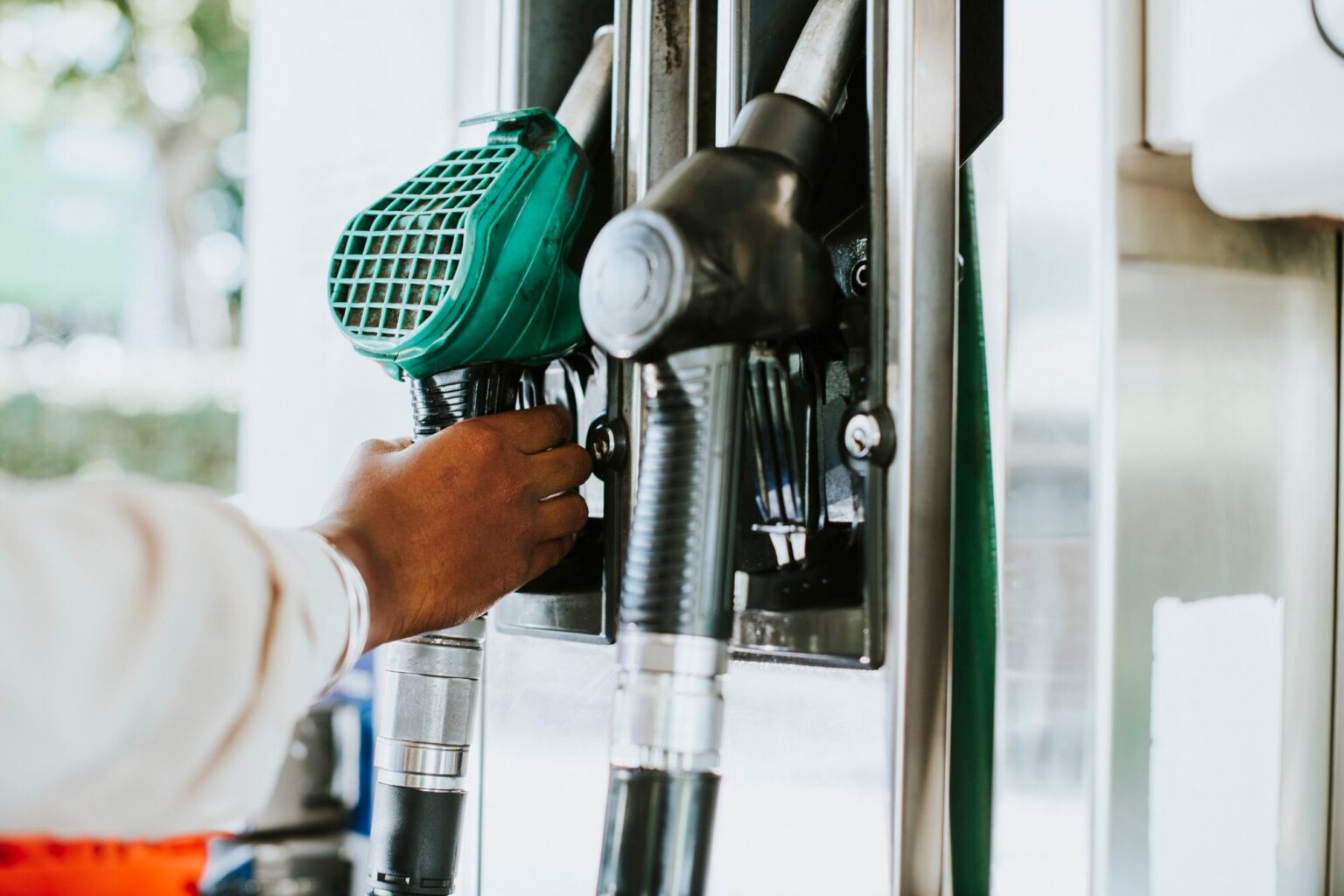In a major shift for Botswana’s energy landscape, the Botswana Energy Regulatory Authority (BERA) has announced that unleaded petrol 93 (ULP93) will no longer be sold or used in the country starting February 1, 2025. This decision aligns Botswana with its regional neighbors and addresses growing challenges in sourcing ULP93.
Why Is Botswana Phasing Out ULP93?
BERA’s decision stems from a combination of supply constraints and evolving regional trends:
1. Declining Refining Capacity in South Africa:
South Africa, Botswana’s main supplier of petroleum products, has faced a significant decline in refining capacity due to the aging infrastructure and high costs of upgrading facilities to meet cleaner fuel standards. With major refineries shutting down, the availability of ULP93 has diminished.
2. Regional Production Challenges:
ULP93 is primarily produced at South Africa’s NATREF Refinery, but production is limited, and re-exporting the product is complicated by South African Revenue Services (SARS) regulations.
3. Global and Regional Trends:
Neighboring countries like Namibia, Mozambique, and Eswatini have already phased out ULP93. South Africa itself is expected to discontinue ULP93 around 2026, making its continued supply to Botswana unsustainable.
What Does This Mean for You?
The transition may sound daunting, but BERA assures the public that the impact will be minimal:
• Switch to ULP95:
Botswana will continue to supply unleaded petrol 95 (ULP95), a higher-quality and readily available fuel that all petrol engines can use seamlessly.
• Environmental and Performance Benefits:
ULP95 not only provides better engine performance but also aligns with cleaner fuel standards, contributing to environmental protection efforts.
BERA’s Commitment to Energy Security
BERA has pledged to:
• Monitor fuel supplies to ensure a seamless transition.
• Explore newer fuel grades as technology advances.
• Keep the public informed of any future changes in the fuel supply landscape.
What’s Next?
As Botswana bids farewell to ULP93, it takes a significant step toward aligning with global energy standards and ensuring the long-term reliability of its fuel supply. This decision reflects a forward-thinking approach to energy security, sustainability, and environmental responsibility.
The Bottom Line
While saying goodbye to ULP93 may feel like the end of an era, it’s a move that promises better fuel quality, enhanced engine performance, and alignment with global trends. For Botswana drivers, the switch to ULP95 is not just a change but an upgrade.






